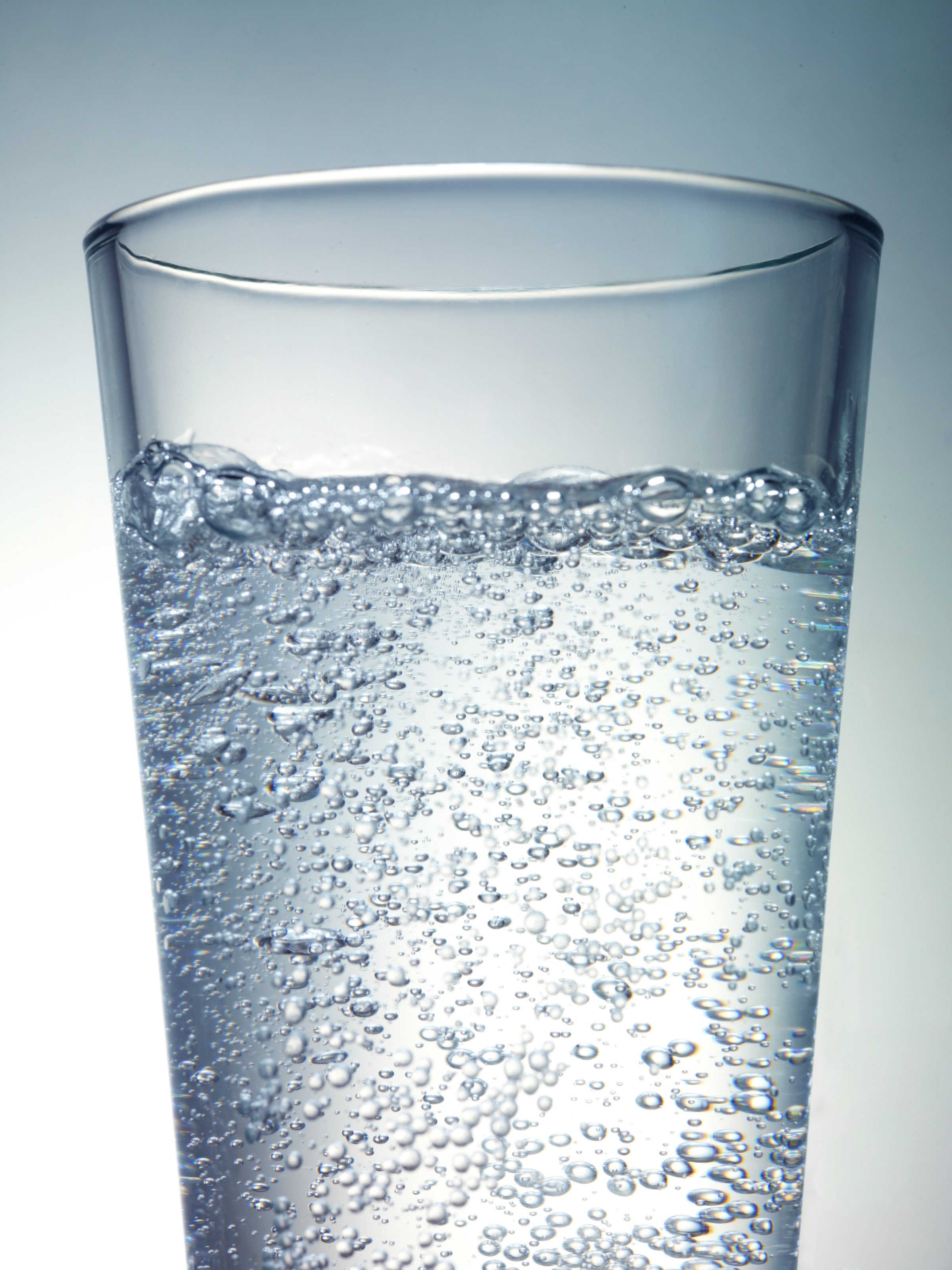
Civil rights and soda might not seem like a classic combination. But yesterday, as major soda brands announced their goal to reduce beverage calories in the American diet, it seemed to make sense to Wendy Clark, president of sparkling brands and strategic marketing for Coca-Cola North America.
“‘The time is always right to do the right thing’ – MLK” she tweeted. “So proud of our industry.”
That time will come in 2025, the year by which every American will drink 20% fewer soda calories than they do today. In the press release about the announcement, which was made at the Clinton Global Initiative meeting in New York, Coca-Cola, PepsiCo and Dr. Pepper Snapple vowed to make these reductions in part by making containers smaller, as well as focusing marketing efforts and innovation into lower-calorie drinks, no-calorie drinks and water. In the release, President Bill Clinton called the pledge a “critical step in our ongoing fight against obesity.”
But are such premature congratulations merited? Is developing more low- and no-calorie bottled beverages really the way to fight obesity?
Soda consumption has dropped, with sales lower than they have been since 1995. And while we might like to think sippers are swapping soda for water or unsweetened herbal tisane, research shows they’re not. A Pediatrics study published earlier this year that showed while kids aren’t drinking as much soda as they once were, they’re guzzling more energy drinks and coffee beverages—both caffeinated sweetened products with a nutritional profile similar to most sodas. Sales for ready-to-drink tea—most of which is sweetened—are also up by double digits in the Coca-Cola portfolio, reports Forbes.
That’s concerning if we want to seriously address obesity. The jury is out on no-calorie and low-calorie sweeteners, but mounting recent evidence showings sugar substitutes may contribute the very obesity they’re meant to combat. That’s because they appear to fuel sugar cravings and alter the composition of gut microbes, leading to a rise in blood glucose levels. Several studies have found a link between sugar alternatives and weight gain, and research just published in the journal Appetite found that drinking artificially sweetened beverages make you think about food more, choose high-calorie foods more often, and feel less satisfied after eating things sweetened with actual sugar.
“On face value you’re getting a nice sweet taste without calories, but my research shows it might lead to cognitive shifts that might promote overconsumption later,” Sarah Hill, the study author and a psychologist at Texas Christian University, tells TIME.
This all suggests that even if soda slashes calories by 2025 as promised, the replacement ingredients could come with unforeseen consequences.
The idea of tasting something sweet without getting any energy from it is an evolutionarily very novel thing for our bodies to handle, Hill says. “When you have that unnatural pairing of sweetness and no energy increase, it leads the body to perceive an energy crisis,” Hill says. “It triggers thoughts and behaviors consistent with a scarcity mode.”
“I think that the real way to get change is drinking water,” Hill says. Plain, unadulterated, straight-from-the-tap H2O included.
More Must-Reads from TIME
- Cybersecurity Experts Are Sounding the Alarm on DOGE
- Meet the 2025 Women of the Year
- The Harsh Truth About Disability Inclusion
- Why Do More Young Adults Have Cancer?
- Colman Domingo Leads With Radical Love
- How to Get Better at Doing Things Alone
- Michelle Zauner Stares Down the Darkness
Write to Mandy Oaklander at mandy.oaklander@time.com